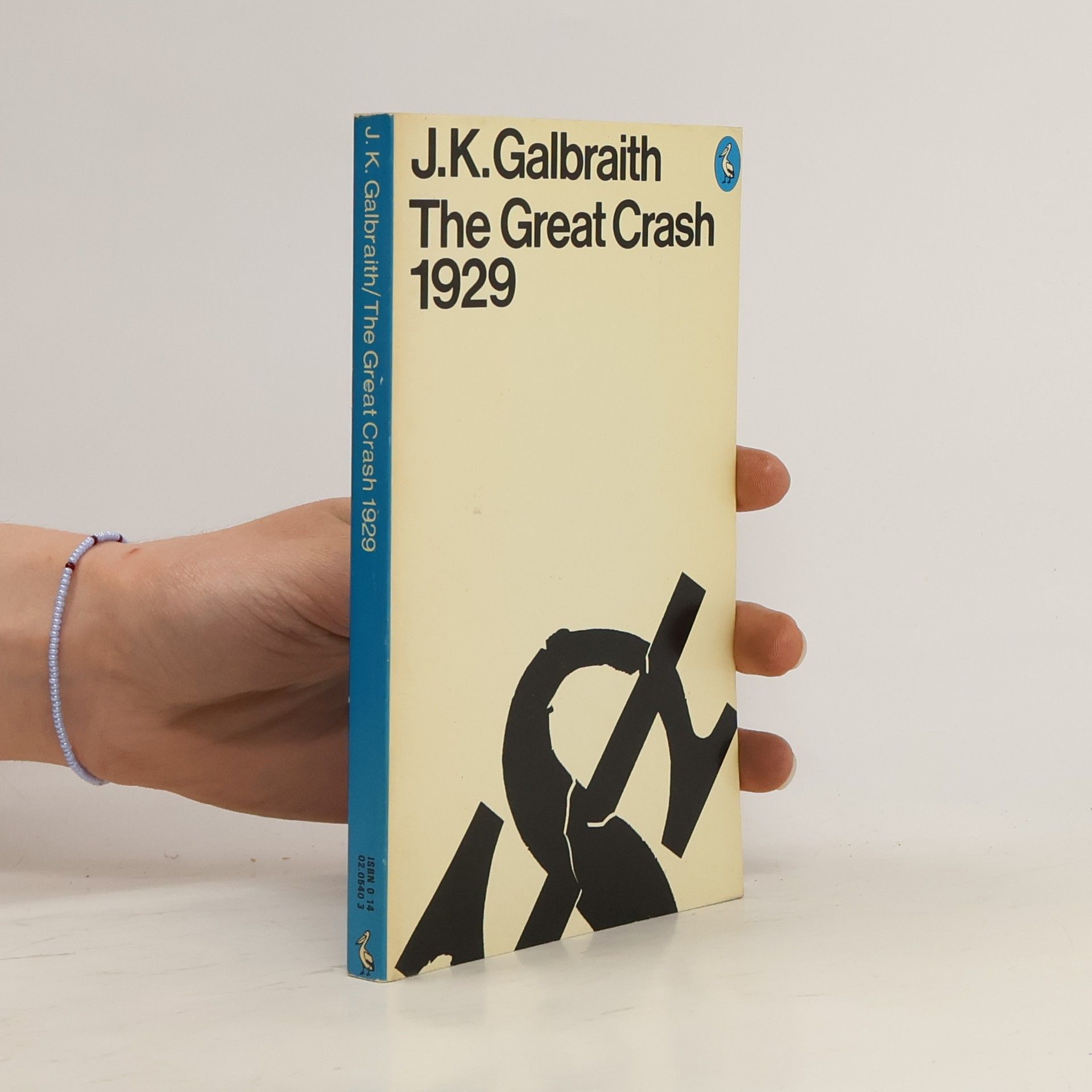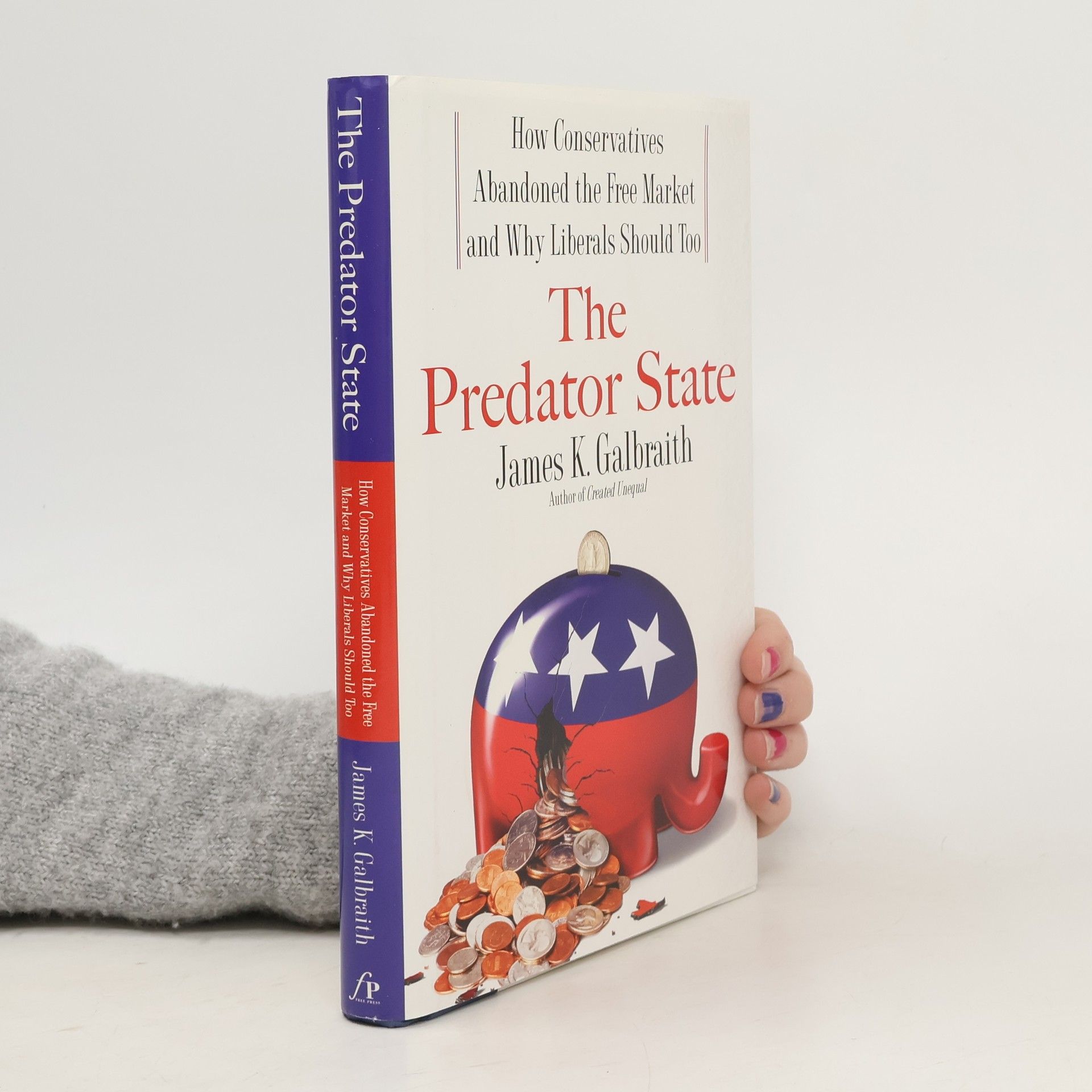The Predator State
How Conservatives Abandoned the Free Market and Why Liberals Should Too
For nearly three decades, Washington has been in the grip of an economic orthodoxy defined by Ronald Reagan and embraced ardently by George W. Bush. It rests on four pillars: 1) Cut taxes on the wealthy, 2) Reduce regulation, 3) Fear inflation above all else, and 4) Insist on free-floating currency rates. Yet mainstream economists have spent much of the past decade examining the results, and declaring them rotten. Supply-side stimulation is a mirage. Deficits matter. Inequality matters. The disasters in Latin America--bread riots in Argentina, inflationary madness in Brazil - and Africa - bankrupt governments and capital flight - were a direct result of the Reagan-Bush agenda. James Galbraith is fed up, and determined to close the gap between what the economists know, and what the politicians ignore. In plain English, the Republican Party has been hijacked by political leaders who long since stopped caring if reality conformed to their message. Galbraith exposes the crumbling pillars one by one, naming names and pulling no punches. If you thought you should vote Republican for the sake of the economy, think again. Here's the "j'accuse" that the Bush economic agenda richly deserves - and a plan for what should replace it.



